
and yes it is going to be quite something. Much has happened over the last 20 years and much has happened over the last 10 as it relates to what we have come to understand about what happened. Some of it is consistent but much of it is not. We will get to more of that as the event approaches. Look for the relaunch of www.genodynamics.com - your one-stop research site for the rigorous study of Rwandan political violence of 1994.
For now, I wanted to set forth some things that you should consider whenever anyone (including me) starts to talk about the topic. View them as the 12 things to help you understand Rwandan Political Violence as you read/see anything over the next few weeks on the internet, in newspapers, on tv, in magazines, on blogs as well as tweets:
1) What type of violence is being discussed: e.g., interstate war, civil war, genocide, sexual violence, random violence? These have different definitions (e.g., see Meredith Sarkees and Frank Wayman and the late David Singer, Doug Lemke and David Cunningham, the late Charles Tilly or this cool special issue relevant to the topic), different causes and different implications.
2) When did the violence of interest start and how far back should one look for an origin - what date specifically? One could start looking in April 1994, 1990, 1959, the early 1900s or during the formation of Rwanda-Burundi (they were lumped together in the beginning).
3) Who was involved in the conflict and who participated in the different forms of violence? People tend to just combine actors together glossing over important differences: All Hutus, all Tutsis, Northern Hutus, Central Hutus, Tutsi that were in Rwanda prior to 1994, Tutsi that were outside of Rwanda after 1960.
4) Where were these people in the beginning of april and why? In Kigali, in Washington DC, in Paris, in Detroit, in Uganda, in Butare, in Kibuye, etc.
5) Who benefitted the most from conflict and violence? Strange to think about it but people do not engage in violence unless they get something out of it. What did people get though: e.g., money, safety, territory/property, friendship, psychological satisfaction, banana beer or a combination of factors? Did motives/benefits shift over time?
6) Who acted from positions of "strength" (i.e., they had choices, were conscious of what they were deciding, had resources and tactical advantage via weaponry/training) and positions of "weakness"? Some actors might have been coaxed/conned/intimidated into acting. Some might have known precisely what they were up to.
7) What evidence is one using to answer the questions above and where does it come from? Researchers could use surveys, a census, newspapers, human rights records, government reports, satellite, forensic records, interviews and focus groups. Remember, stating is not the same as proving, all methods have advantages/ disadvantages. A good piece will tell you what they did, how they did it, what is good about what was done and what is deficient. This is important because almost all people know as well as any avid viewer of the tv show Law and Order: Special Victims will attest: eyewitness testimony is highly problematic. This is the principle source of information regarding most events in Rwanda. There must be discussion about what efforts were taken to assure that this human testimony was validated in some way.
8) Is there an alternative account of relevant events and was this considered in any way shape or form? We must all be careful about being led down a particular pathway as a function of what source we choose to believe. Ian Lustick warns us about this problem in his: "History, Historiography, and Political Science: Multiple Historical Records and the Problem of Selection Bias".
9) What is the perspective, position and potential bias of the author/speaker (connection to perpetrators, victims, rebels, governments). I talk about this in my book "Media Bias, Perspective and State Repression" but Akira Kurosowa does a much better illustration in his brilliant film Rashomon.
10) What was done (specifically) and against whom? Now, you figure that this would be the first thing I would mention but part of the difficulty in prior research and discussion is that we did not seriously address the issues mentioned above. One cannot address this question until they have addressed the ones above and you should not trust anyone who does not address them.
11) How did violence progress and move throughout the country? This helps us better understand who did what to whom and why but it also helps us understand where help is/was needed as well as who got services.
12) Does the relevant piece mention what has transpired in and around rwanda since 1994 in terms of prosecutions for crimes, other violent behavior (e.g., invasions, purges, assassinations, questionable deaths), political development, democratization/ autocratization, asylum and migration? If they do, please remember to ask the first 9 questions of this work as well.
More on Rwanda coming coon.
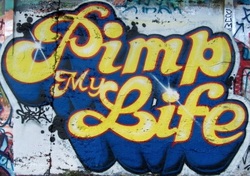
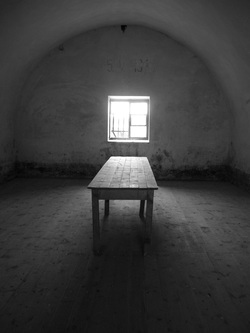
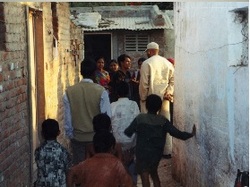
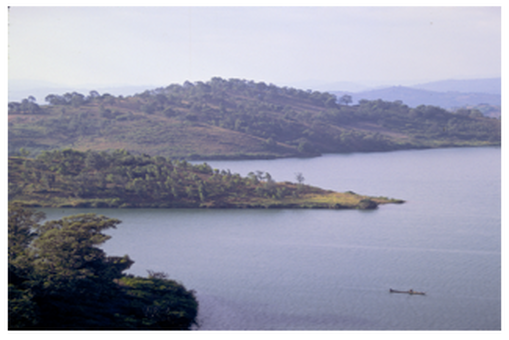
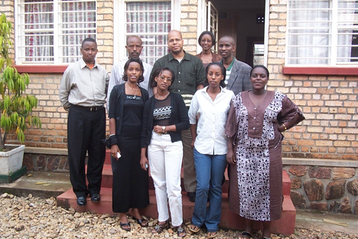
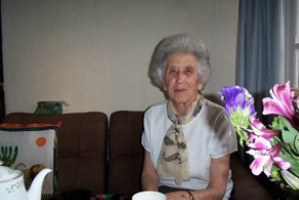

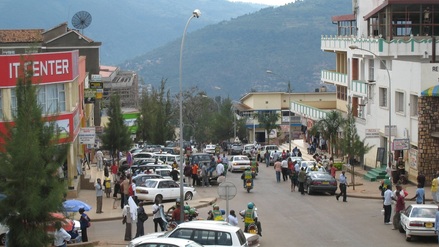
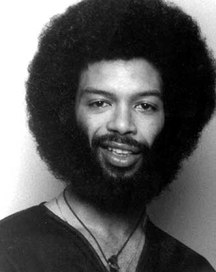
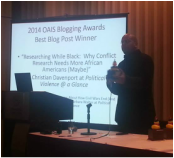
 RSS Feed
RSS Feed
